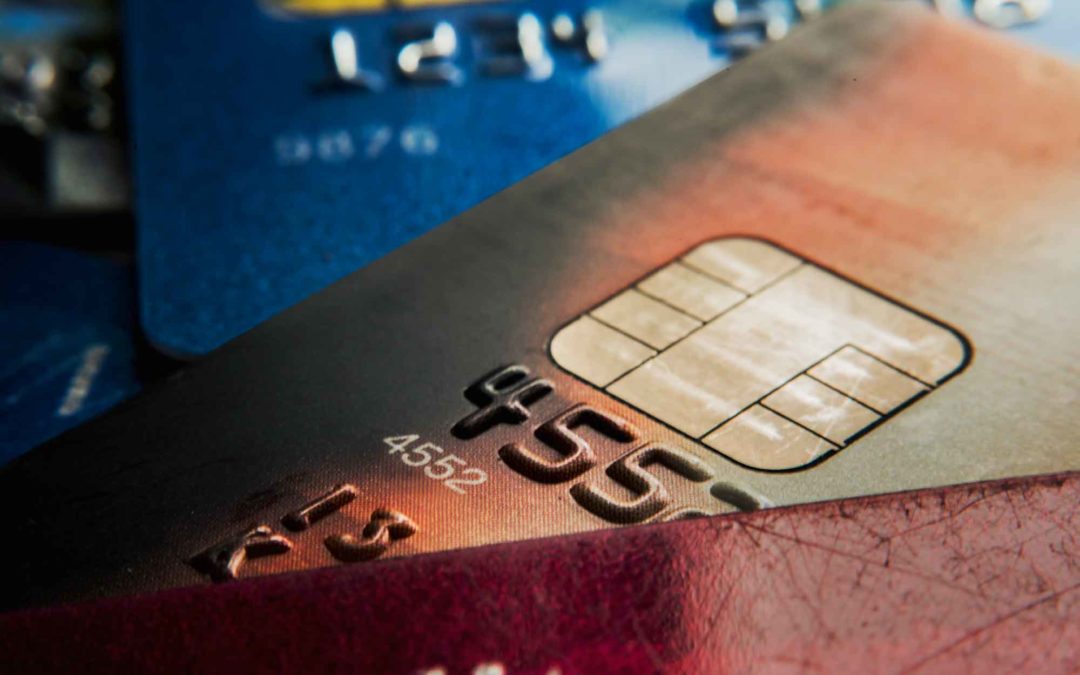How is Credit Card Debt Split in Divorce
How is Credit Card Debt Split in Divorce: When you enter a marriage, the hope is that it results in marital bliss and happily ever after. Unfortunately, that is not always the case. When things take a turn and divorce is on the table, there are some things to know before you file.
Regardless of a divorce, you are contractually obligated by law for any debt in your name. If you have a joint account or are listed as an authorized user on your spouse’s credit card, you may still be obligated to creditors even after the marriage ends. And if you default on a credit card or loan that has your name on it, a creditor can sue you to collect on the debt.
Community Property vs. Equitable Distribution States
If you live in one of the nine community property states in the country, then courts consider both spouses equally liable for any debt acquired after marriage and before divorce or legal separation.
However, Florida is not a community property state but rather an equitable distribution state. This means that all debts and assets are divided equally upon marital separation. Under Florida law, there are three types of debt that a court will consider in a divorce:
Premarital Debts
Premarital debts are debts a spouse incurred prior to the marriage, such as credit card debt that is in one spouse’s name only. After divorce, if the other spouse was never an authorized user for any of the credit cards in question, then the spouse whose name is on the account is solely responsible for the debt.
Non-marital Debts
Non-marital debts are acquired during the marriage but only one spouse’s name is listed on the account as an authorized user. Also, in instances where one spouse opens the credit card account and uses the card for business-related expenses only and none of the charges contributed to the marriage, then the other spouse is not on the hook for this credit card debt after the dissolution of marriage.
Joint Debts
As for joint debts where a credit card account was opened in both spouses’ names or was used as a primary card that contributed to purchases for the household and family, then this is considered marital debt. In Florida, marital debt is split 50/50 in divorce with both spouses equally responsible.
Once you are linked to a financial account, it is difficult to remove your name and denounce any financial responsibility for the debt. Ignoring that responsibility by allowing the debt to become delinquent will negatively impact your credit. And if you do manage to close your account or remove your name as an authorized user, it can change your credit score as well.
Why You Might Have to Pay for Your Spouse’s Credit Cards
First and foremost, you can be ordered by a judge in divorce court proceeding to pay part of your spouse’s debts as part of the divorce decree.
However, it is important to know that no matter what state you live in, a court may still find you liable for your spouse’s credit card debts after the separation of marriage, even if the credit card account was not listed in your name. Creditors are not limited by divorce decrees. So, if a court rules that you are not liable for your spouse’s credit card debts and your spouse later defaults on their debt, a creditor can seek payment from you.
How to Avoid Being Tangled Up in Your Ex’s Debt
Get a prenuptial agreement prior to marriage to clearly lay out will be financially responsible for certain debts during the marriage and in the event of divorce. During the marriage, protect yourself by having separate financial accounts and maintaining individual accounts. Before divorce, enter a postnuptial agreement to work together with your spouse to divide up your assets so you can decide who pays for what.
Divorce is quite common. Which is why it is always a good idea to sit down with an experienced and knowledgeable family law attorney who can assist you with all matters of marriage and divorce, so that you can protect yourself and preserve your financial future.
If you are considering a divorce and are in need of experienced legal representation to assist you with these matters, Call My Office at (305) 250-4680.

Recent Comments